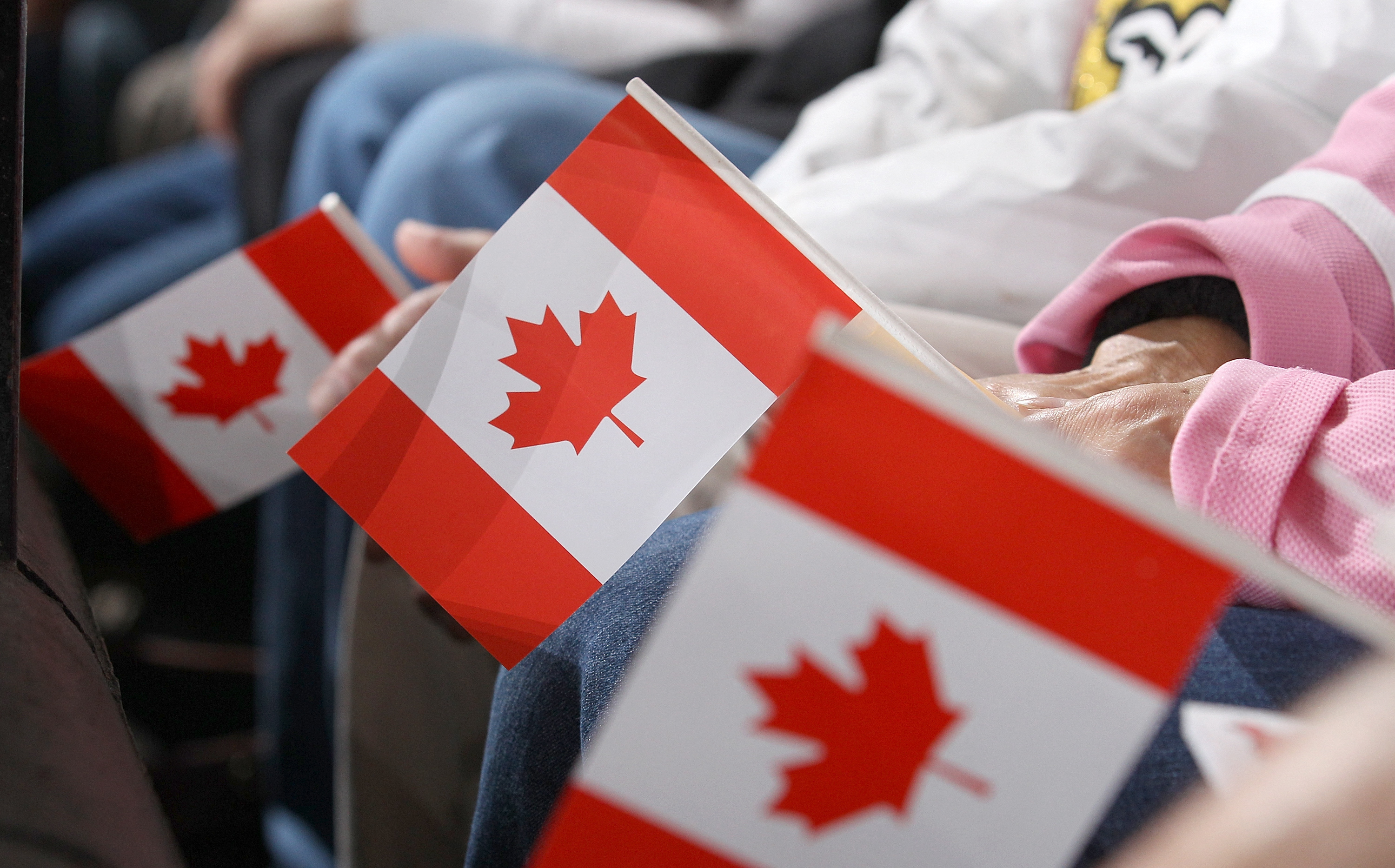
Throughout the pandemic, Canada has managed to solidify its status as a premier education choice for international students. Yet, not all of those who arrived in the country are thriving. As inflation in Canada hits an all-time high in three decades, many international students are struggling financially, taking on part-time jobs that don’t cover their rising living costs as they’re only allowed 20 hours of work weekly under their study permit.
The challenges that international students face don’t end there. For many, studying in Canada is a long-term investment to secure a better life through post-graduation jobs and the possibility of immigration. Getting there, however, is a journey filled with uncertainties that puts a damper on the coveted “Canadian dream”. Inflation in Canada is already set to drive up the cost of basic necessities such as food, shelter, and gasoline; how will it affect the future of immigration in Canada?
How inflation in Canada can affect immigration for newcomers
It’ll be more expensive to get a PR
If you’re an international student in Canada who’s in it for the long haul, you might want to start planning your expenses ahead of time. The government has announced its plans to increase permanent residence fees effective April 30, 2022 this year. The move isn’t entirely surprising; Immigration, Refugees and Citizenship Canada (IRCC) first unveiled its plans to drive up permanent residence fees in 2020 to account for inflation, and would do so incrementally every two years.

The Canadian government first announced its plans to increase permanent resident fees every two years in 2020. Source: Jana Chytilova/Freestyle Photo/Getty Images North America/Getty Images via AFP
The fee changes will impact those applying under the economic classes category, permit holders, family, and humanitarian classes. Your total application costs will vary according to the immigration class that you’re applying to. International students looking to transition from a post-graduation work permit (PGWP) holder to a permanent resident usually fall under the economic class category, which will cost 850 Canadian dollars starting from April 30, 2022.
You’ll also have to fork out a hefty CA$515 charge for the right of permanent resident fee under the new fee system. You can pay it concurrently with your PR application, or when your PR is approved. If your immigration application is unsuccessful, the amount will be refunded.
For a full list of the new PR fee changes, click here.
Notice: Fees for all permanent residence applications will increase on April 30, 2022. These fees are updated every two years to adjust for inflation. More information: https://t.co/xzoNhytgDz pic.twitter.com/MZa73vCfcF
— IRCC (@CitImmCanada) April 5, 2022
Jobs are hard to come by for international students and may not pay well
Depending on which data you’re looking at, employment prospects in Canada after graduation for international students in Canada may not be too bad — if you have the grit and patience to wade through systemic barriers. A report published in January by Statistics Canada revealed that the annual median salary for PGWP holders has nearly doubled within a decade, where nearly three-quarters would proceed to get a PR within five years of getting their PGWP.
While that looks promising on paper, the long road from student to immigrant is anything but a breeze. Skyrocketing tuition fees and living costs, the lack of financial assistance in university, as well as the difficulty of getting a head start in Canadian employment during your university years are all compounding factors that could work against you, especially when inflation in Canada is reaching a tipping point. Even with a PGWP, its non-renewable status means you’re not guaranteed a PR once it expires, and you may have to switch to another temporary permit that limits your earning potential in an already stifling economy.
Like other young immigrants, you could be looking for an exit post-PR
If you do manage to get a PR, you certainly benefit from extensive privileges in terms of legal status and employment prospects. That still doesn’t shield you from the economic reality of being hit hard by inflation in Canada. According to a country-wide survey conducted for the Institute of Canadian Citizenship (ICC) by Leger, a Canadian-owned market research company, three out of 10 young immigrants are considering leaving the country in the next two years, CityNews reports.
The survey found that 30% of newcomers aged 35 and below, in addition to 23% of immigrants with a university education, could move elsewhere within a couple of years. The cause? Rising living costs and the lack of recognition of past credentials.
A new online survey shows that 30% of newcomers are considering leaving the country within the next two years.@DilshadBurman with the reasons why and what it means for Canada's economy.https://t.co/etV3fIcwdC
— CityNews Toronto (@CityNewsTO) April 5, 2022
University-educated newcomers have less favourable views on equal job opportunities than other immigrants, while all of the newcomers surveyed believed that Canadians don’t comprehend the magnitude of challenges they face while settling in a new country. Those who didn’t recommend Canada as a place to live cited the current administration and expensive living costs as the two main reasons for their sentiments.
“As the type of people who come get more and more educated, they’re also more and more mobile. They’ve got choices,” Daniel Bernhard, Chief Executive Officer of ICC told CityNews. “If they don’t find satisfaction here, if they don’t find fulfilment here, they’ll go find it somewhere else and that’s going to be a huge challenge for our country.”










